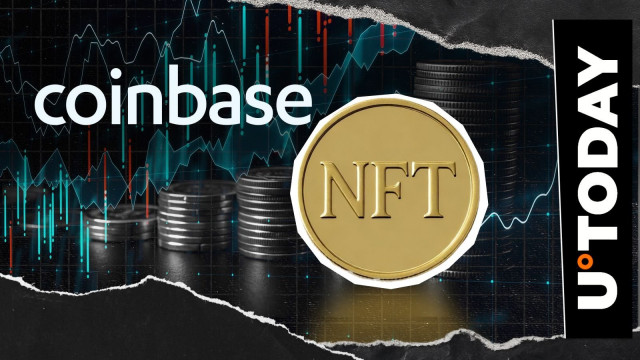
Valve's Counter-Strike 2 update crashes $5.8B economy, revives NFT debate
Valve's Counter-Strike 2 update crashes $5.8B economy, revives NFT debate

A major update to Counter-Strike 2's item mechanics wiped nearly $2 billion from its $5.8 billion skin market, igniting debate over central control in gaming.
Article Summary
Valve's Counter-Strike 2 update has triggered a massive $2 billion crash in the game's $5.8 billion digital skin economy, reigniting heated debates about centralized control versus decentralized gaming assets. The devastating market collapse highlights critical vulnerabilities in traditional gaming economies where developers maintain absolute authority over digital asset values. This gaming market meltdown mirrors concerns plaguing cryptocurrency and blockchain ecosystems about centralized control. While Bitcoin and decentralized finance (DeFi) protocols champion trustless systems, Counter-Strike's skin economy demonstrates how centralized platforms can instantly destroy billions in user-held digital assets through single updates. The crash has revived discussions about NFT integration in gaming, with blockchain advocates arguing that decentralized ownership could prevent such devastating losses. Gaming skins, worth billions globally, operate similarly to cryptocurrency tokens but lack blockchain's immutable ownership guarantees. This incident underscores growing tensions between traditional gaming models and emerging Web3 alternatives. As cryptocurrency adoption accelerates and NFT gaming platforms gain traction, Counter-Strike's market crash serves as a cautionary tale about centralized digital asset control, potentially accelerating migration toward blockchain-based gaming economies where developers cannot unilaterally devastate player investments.







